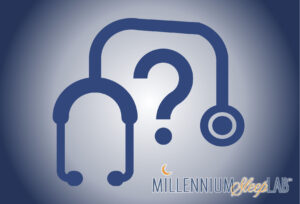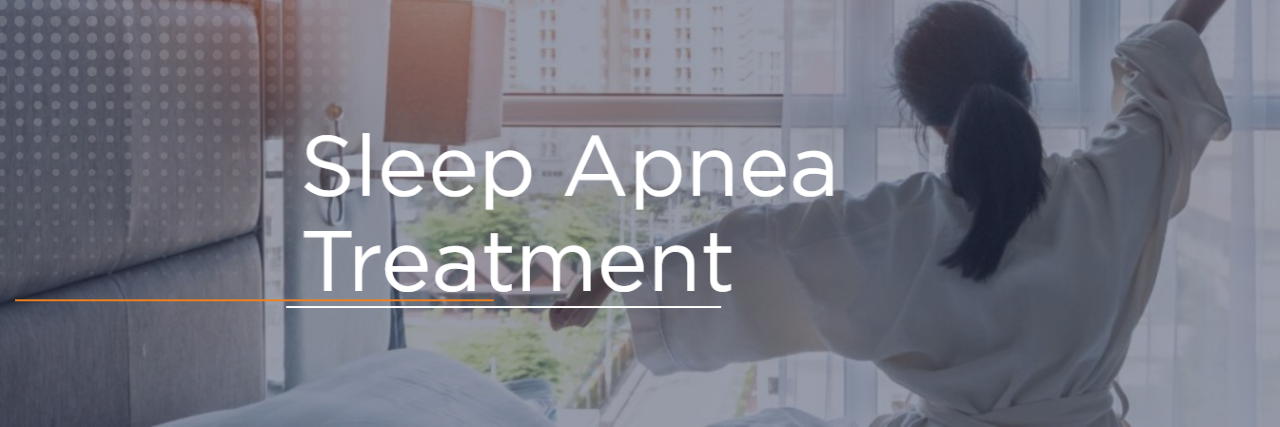When hearing the term sleep physician, one might assume they counsel on improving sleep habits or prescribe medications to fall asleep faster. While that does fall under their expertise, sleep doctors diagnose and treat a wide variety of sleep disorders to offer patients the quality of life and health improvement that come from sustained sleep.

The most common sleep disorder is obstructive sleep apnea (OSA), which has can be easily treated with pressure therapy (CPAP and mask) or oral appliance. A more complex condition is central sleep apnea (CSA) which has a variety of causes and is more difficult to effectively, sometime requiring an implant to stimulate the phrenic nerve and trigger breathing. Sleep physicians also evaluate patients with insomnia, restless leg syndrome, narcolepsy, circadian rhythm disorders (like sleep phase delay) and parasomnias (like sleepwalking). They work to find the best treatment, often medication, to help patients manage their condition.
Sleep medicine is a multidisciplinary field because the underlying causes of the sleep problems, or disorders, come from multiple systems in the body, like respiratory and neurological. The sleep disruptions also cause medical conditions such as cardiovascular disease or diabetes. Therefore, Sleep docs collaborate with numerous medical specialists including other doctors, PAs, nurses, sleep technologist, respiratory therapists, and dentist. More about a career in sleep medicine.
Because of the complexity of sleep conditions, these physicians spend years training and becoming certified. They must complete a residency in specialty related to sleep (such as internal medicine, psychiatry, neurology or family medicine) and then a fellowship in sleep medicine. After becoming board certified in their primary specialty, they then sit through another round of testing for their subspecialty of sleep medicine to become certified. More about requirements.
Millennium Sleep Lab is proud to have several sleep physicians on staff to review and diagnose sleep apnea after a home sleep test (HST) and even manage treatment of sleep disorders through telemedicine.
